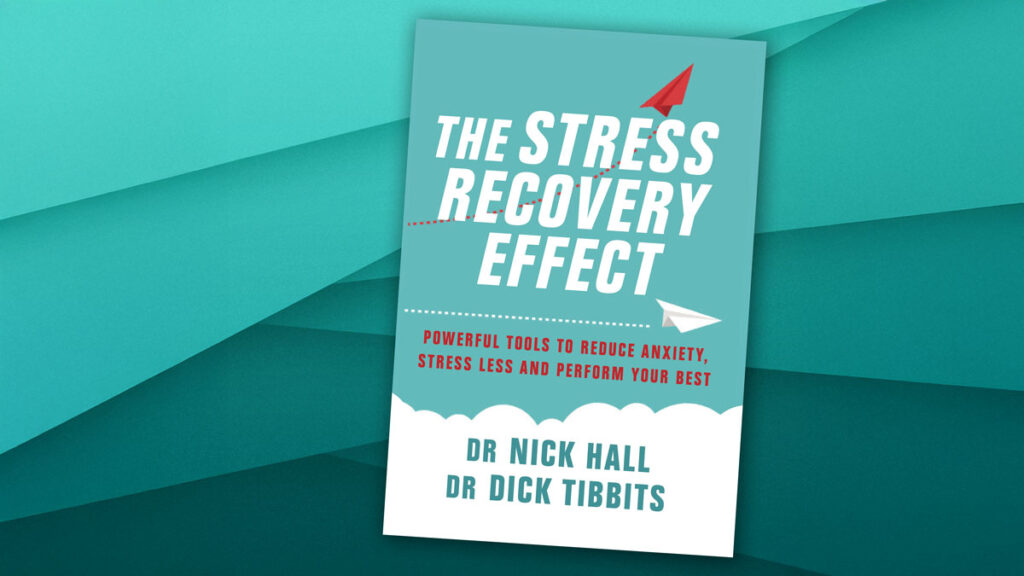We often see claims that science provides vindication of the Adventist health message. This warms my heart.
But what do we do when peer-reviewed science contradicts Adventist beliefs? This happens frequently across many fields, including health, origins, gender and sexuality.
We tend to be selective when it comes to which peer-reviewed science we allow to be the judge and jury for our beliefs. When published science supports our beliefs we give it high status. This is commonplace in health sciences. But when it contradicts our beliefs we take a dimmer view. This happens frequently in the areas of origins, earth sciences and evolutionary biology. The challenges can be overwhelming.
This selective approach to the authority of science is clearly inconsistent. Should we take a more consistent view of the credibility of peer-reviewed science? Should we elevate peer-reviewed science more generally, or should we disregard it entirely? Is it OK to be selective?
How we answer these important questions has profound implications across how we think, talk and act.
According to peer-reviewed science, human life came about through random chance, evolution and survival of the fittest. In our often hostile, post-Christian world, Christian education institutions struggle to maintain any faith-based approach to origins. Many of our brightest students and academics have followed ”the science” of origins; to varying extents abandoning faith in biblical authority.
Peer-reviewed science tells us gender is a social construct and there are many genders. This is an emerging battleground not just for behaviour and policy but also for the mental health, care and protection of our children.
According to peer-reviewed science, a variety of sexual orientations can be part of a person’s identity. Notwithstanding the cognitive dissonance of emerging arguments that gender identification is fluid, there are persuasive academic arguments that sexual preference is fixed from birth. Again, this has profound implications for Adventist individuals, families and institutions.
Peer-reviewed science says diets may include: meat for optimal protein; wine for antioxidants; and coffee for energy. While scientific Adventist Health Studies have generally vindicated the Adventist health message and lifestyle, this is simultaneously being undermined by more selective studies which seem to justify aberrant diets and lifestyles.
All of the above examples, of course, have plenty of counter arguments with abundant supporting evidence, including in the body of peer-reviewed scientific literature.
Further, ”the science” frequently changes. An oft-repeated instruction to first year medical students is half of what they are taught will turn out to be wrong. This has been quantitatively documented in a seminal 2005 paper by Stanford epidemiologist John Ioannidis: “Why most published research findings are false”.
A 2022 paper in the British Medical Journal on “The illusion of evidence based medicine” helps to explain why. Evidence based medicine has three unarguably good foundational principles: 1/ best available evidence, prioritising randomised controlled clinical trials, 2/ expert opinion, and 3/ patient preferences and values. But the paper explains this has been corrupted by corporate interests, failed regulation and commercialisation of academia.
In 2004 Richard Horton, editor-in-chief of the Lancet, famously said, “journals have devolved into information laundering operations for the pharmaceutical industry”.
These are not fringe people in fringe publications. Marcia Angell, former editor-in-chief of the New England Journal of Medicine, wrote a book titled The truth about drug companies: how they deceive us and what to do about it. Peter Gøtzsche, cofounder of the Cochrane collaboration, published how prescription drugs are the third leading cause of death after heart disease and cancer.
Curiously, Adventists increasingly treat peer-reviewed science as an authority when it comes to health. But this is a dangerous path. We have a distinctive health message that is likely always going to be at least somewhat different to popular opinion. Even if the body of science ever universally supports plant-based natural diets and total abstinence from alcohol and caffeine, it’s vanishingly unlikely that it would go on to include trust in God as foundational to good health.
There’s actually a key paradoxical challenge here. The closer published science aligns to Adventist health principles, the easier it is for Adventists to let go of our distinctive belief in God as the Life-giver and great Healer, and to become confused as to what our health message actually is. It is tempting to see our health message as only those things that are supported by peer-reviewed scientific literature.
But “the wisdom of this world is foolishness with God” (1 Corinthians 3:19).
If we insert Hebrews 11:1 into ”evidence based medicine” we can derive an enhanced version: faith-based medicine. Faith in the authority of the Great Physician and Inspiration is the foundation of the Adventist health message. Not peer-reviewed science.
The other extreme would be to reject all the wisdom of man as documented in peer-reviewed science. But this would also not be wise. Science is usually really helpful. But it is still in the same category of authority as the “wisdom of this world”: foolishness. Even human foolishness can be helpful. Often. By analogy, we trust the usefulness of modern technology even though it occasionally breaks down.
God is all-powerful and all-knowing, but He doesn’t intervene immediately to solve all our problems, especially where there are things we can humanly do. The ”foolishness” of modern science and medicine fits into that category. Still useful; and often reliably so.
As a part-time scientist and academic, I have published things in peer-reviewed literature that I have subsequently changed my mind on. An evidently confused peer-reviewer once left a comment on a publication of mine that was in response to another publication entirely. The process is definitely not perfect. Mistakes are frequent. The process can be gamed and inevitably suffers the unconscious bias of groupthink and financial incentives.
Science is not something special. It is just the process of observing and understanding the predictable laws of the physical universe that God has created. There is value in the use of science to replicate divinely inspired knowledge. But it is done by fault-prone humans with limited wisdom and insight.
Ultimately all useful methods of arriving at truth necessarily converge—in Jesus, the Way, Truth and Life.
Thankfully God starts with us where we are at. He appeals to human knowledge and wisdom when He says “come now, let us reason together” (Isaiah 1:18). Like doubting Thomas, for many of us seeing is believing. But Jesus encourages us to go beyond human wisdom and live by faith (John 20:29).
So, in my opinion, it is OK for us to selectively appeal to science to meet people where they’re at. But let’s keep our thinking clear that it’s just to establish a common starting point. Human knowledge, logic and reason are where God starts with all of us. Thank God He encourages us to be scientific, curious and to use our brains—for His glory! As we grow in faith we trust man’s wisdom less and less in comparison with God’s.
Let’s also be careful with our choice of words. We can appeal to science to support Adventist beliefs; but I don’t think it’s safe to ever claim that science ”vindicates” or ”proves” any part of our message to be true. No, science does not stand in the place of judge and jury. It does not have the power or authority to vindicate our beliefs. If it did, it could also be used to condemn our beliefs. Science is still useful, but it is in another category entirely. Compared to the authority of Inspiration, it has nothing privileged to offer.
Daniel Livingston has a PhD and leads a science and research team at a large utility in the Hunter region of NSW. He attends Newcastle University Adventist Church with his family.






